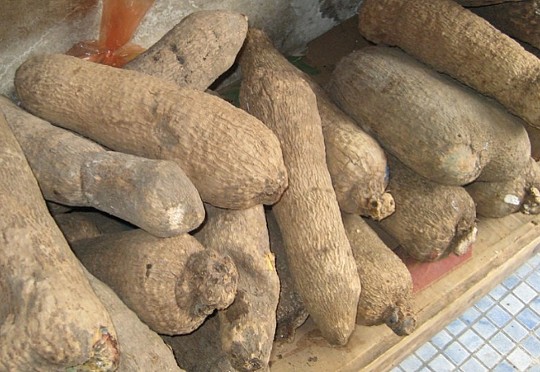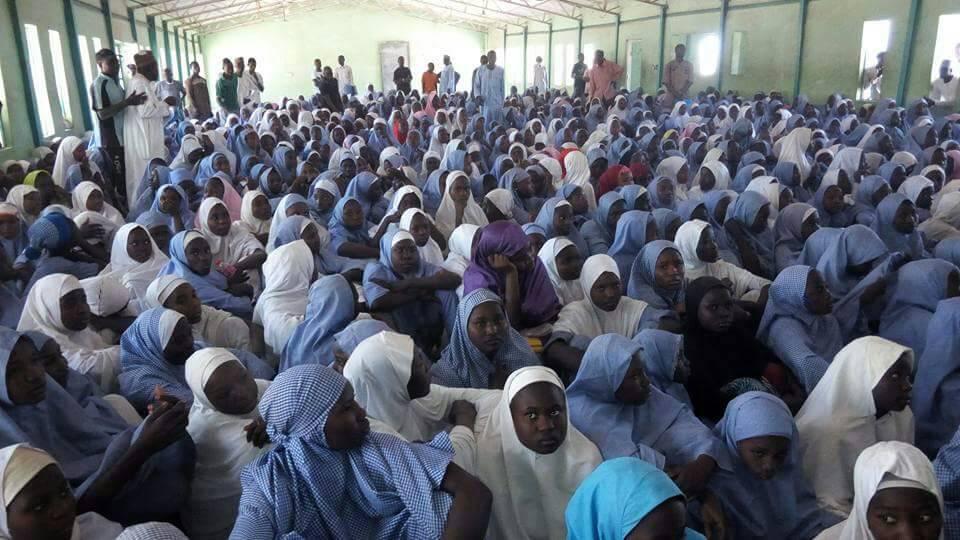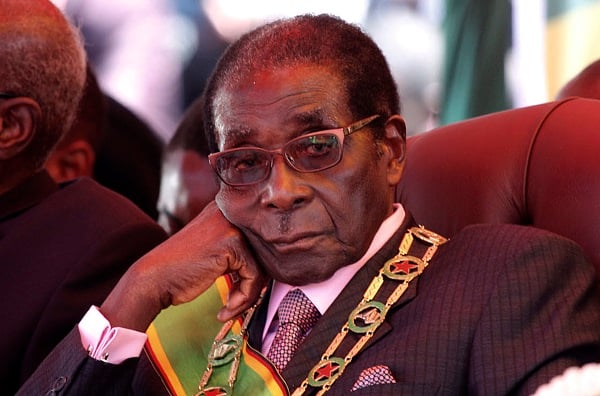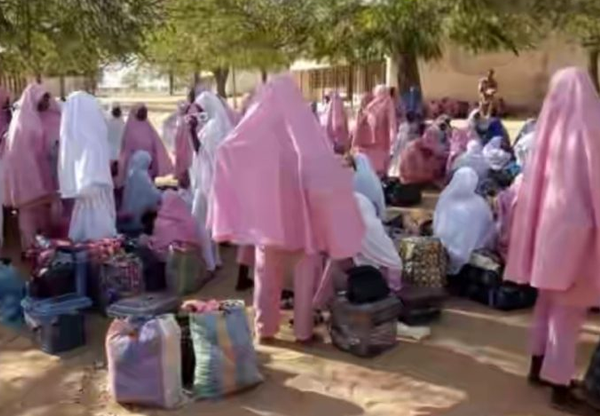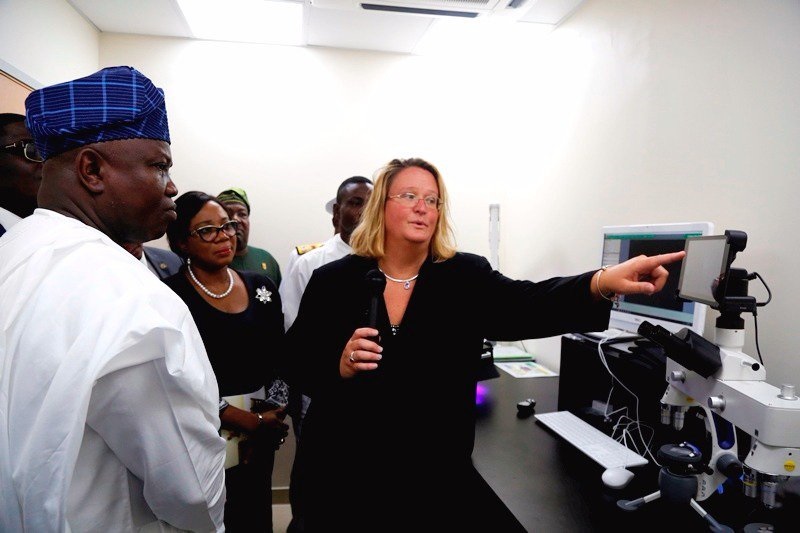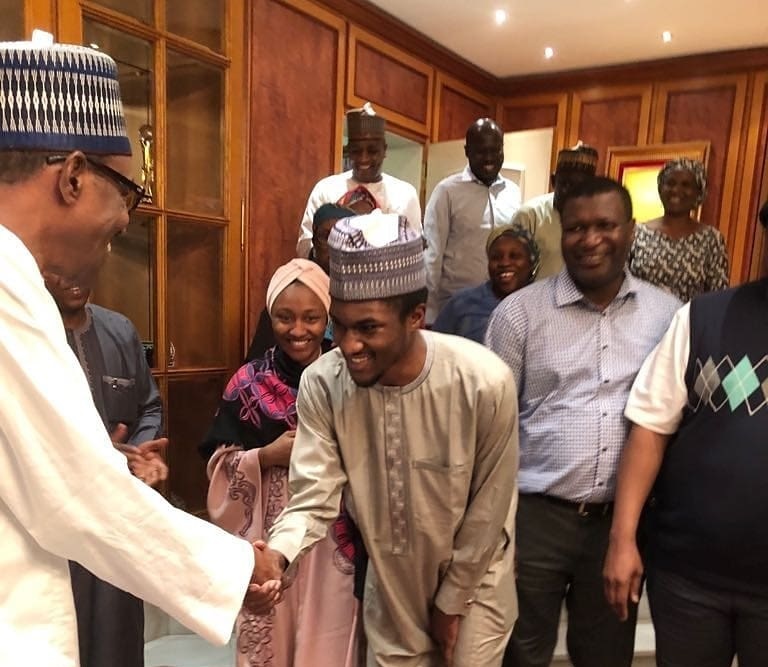BY CHIJIOKE OGONNAYA
Right before I picked up my pen to begin commenting on the happenings in my beloved country, Nigeria, I determined to write only on topics I have a passion for or matters that strike me in a unique manner as being utterly deserving of great attention. Thus said, it is the later which impelled me to pick up my pen on this particular occasion. It started when I paid a visit to a cousin of mine some time ago and was treated to a sight that truly made me wish that this country has what it takes to harness the potentials of its people. I came in to find her 7-year-old son, my nephew, bent on what I concluded was a great task. He barely looked up when I was ushered into the living room. That was unlike him, for he usually ran to embrace me every time I came to see them. I went up to the boy – he was my favourite nephew. And on lifting him up, I saw scattered beneath him scraps of metal, wires, rubber bands, tiny bulbs, discarded torchlight parts, batteries, tiny electric motors and other materials I could barely identify: the boy had been busy trying to fashion out a fan and a rotating lighting lamp from the heap of debris at his feet.
From his slightly annoyed mother, I learnt that that had been his preoccupation of late: he would visit the garbage dump to source materials for his puerile enterprise; he would gladly accept old and discarded devices from willing neighbours so as to use the parts to give form and life to his bustling imagination. An evidence of his creativity, ingenuity and enterprise is another lighting device he constructed; this was hung on the wall of the living room and gives light to the room whenever public electric supply is interrupted.
This encounter with my creative nephew hit me with a new force a few days later when I read about Prof. Simon Irtwang led Technical Committee on Yam Export and their preparations to export yams to the UK and the US. I found it difficult to juxtapose these two situations in this same country: the situation where my little nephew puts his still undeveloped creative and innovative abilities to the creation of ‘products’ that solve his immediate problems (steady light etc) and that where a professor, a man at the pinnacle of ‘human accomplishment’, sources for yams to export to solve the needs of foreign exchange earnings. The latter is a continuation of the age-long fixation on the exportation of raw materials and primary products when it would have been better to focus on developing agricultural value chains. Truly, this is strange: while other nations make wealth from the exportation of finished products and the richness of their human capital, our government, especially the minister of agriculture, in this case, gambol around, talking up the exportation of yams as if they have discovered the greatest solution to Nigeria’s economic malaise. The eventual position this country will assume in the future – among nations that long ago recognised and acted on the fact that the greatest source of wealth of a country is not what is derived from the land but what is produced from the person – fills me with much apprehension.
However, I am not out to write about the esteemed professor; he as a person is not the problem – he may have been a victim – or issue at hand. I am out, rather, to take on the system and the government which has perpetrated this system or revelled in it.
Advertisement
My little nephew is the same with every 7-year-old found anywhere in the world. He has the same intelligence, ingenuity, creativity, and boundless drive and energy inherent in children of that age bracket the world over. But while other kids in many lands grow up to use these attributes in advancing their country’s fortunes, ours ultimately fall short. The reason is not far-fetched: the fortunate countries having recognised the importance of the endowments of these young people in their future productivity conscientiously create a fertile environment for their potentials to develop and thrive. They invest in education and ensure that, at every stage of the child’s growth to adulthood, his is given the opportunity to hone the skills and abilities that will make him a productive member of the society. In the end, the fortunate country has a large pool of highly skilled workers engaged in the production of high quality goods and service, giving the country a competitive advantage in the global market economy.
Ours, on the other hand, is a completely different story. By the time a Nigerian child moves from the primary to the secondary school and beyond, almost every creative potential he had has been stifled. The education system is not positioned in a way that nurtures his inherent potentials or creative drive: instead of education imbuing him with swagger and confidence in his abilities, he comes out of school subdued, beaten down and inferior to his counterparts in other climes. Lingering in him is the feeling that his country does not really want him – that he is not needed – that he is merely another addition to the growing number of young people ultimately left high and dry by an undiscerning nation. There are exceptions; but it will be stupid to expect that a handful of people who come out of this rotten system unscathed can turn Nigeria into a productive nation.
Now it is important to point out that for all of this administration’s idle talks about ease of doing business and increased foreign reserves, and for its laughable and ridiculous interest in the exportation of yams, what should count as success are: strengthening the education sector; enlarging the pool of skilled workers through quality education, technical and otherwise; and increasing competitiveness and productivity in the microeconomic sphere. These are the goals which should guide a government that seeks to diversify and move the economy of a country from extractive based to productive based. At the moment, the Buhari administration, just like past governments, is doing basically nothing of substance in this regard. He is running his government in a milieu where distractions, occasioned by his unintelligent handling of other matters of national concern, abound. The 2019 elections have become an obsession threatening to swallow everything before it. In the meantime, non-teaching staff in Nigerian universities and other institutions under NASU, SSANU and NAAT are on strike, since early December. Because of this strike, research in those institutions has stalled as laboratories across board are either closed or poorly manned. The fact that this ugly situation has lingered for so long underscores the unfortunate valuation the education sector has been accorded in Nigeria.
It is self-evident, and very sad, that at this moment Nigeria does not have an education system that can lift it out of the dungeon of socio-political and economic backwardness. Nigeria’s higher education cannot engender the productive capabilities necessary to make Nigeria’s economy productive or to change its dismal position in the international division of labour. To drag this country out of the woods, the education sector must be brought into alignment with the quest for national development; this has not been the case. It is disheartening to hear Nigerian intelligentsia (university scholars and the academia) discuss Nigerian recession and other problems like passers-by: they make conjectures on the side-line instead of being neck-deep in the struggle to find solutions. But it is the government who should set up the arrangement for the scholars to make informed and critical contributions in the multifaceted quest for national development, an arrangement that would allow the education sector to play a leading role in the economic, socio-political and technological advancement of this society. The government should therefore facilitate the development and management of the nation’s pool of human capital for the purpose of ensuring its utmost utilization in national development; teaching and learning in the education system must be reflective of national goals and ideals.
Advertisement
Importantly, public expenditure in education – in higher education and in research – should be seen as investments rather than a cost to be minimised for the budget. Sadly, only about 7 percent of the 2018 Budget is allocated to education, a far cry from the annual allocation of 26 percent of the total budget to education recommended by UNESCO for developing countries. In the struggle to lift Nigeria from its present economic malaise and diversify the economy, there is a desperate need for massive investments in the education sector – from the primary through to the university – for the knowledge, skills, innovation and abilities it propagates. Investments in this long underfunded sector will help it contribute in making the economy viable and lay the foundation for future economic growth and productivity.
The potentials of young people in Nigeria should not be allowed to fizzle out unduly. They are the foundation on which Nigeria’s future competitive advantage and economic wellbeing should be built. Therefore, potentials should be nurtured and married to opportunity. It is the only way to save this country from its dependence on crude oil, build a vibrant economy and achieve a high standard of living for ourselves and our offspring. Nothing is more important than this: not primordial and ethnic interests, not the present preoccupation with constricting national interests to the dictates of a myopic few. The blatant pettiness of late must be thrown overboard; substance must be embraced. In order to truly diversify Nigeria’s economic base and set the country on the path of economic growth and productivity, my nephew’s creative enterprise must be given far more attention and consideration than the professor’s scramble for yams. Otherwise, Nigeria will remain a ‘shithole’ of deprivation, for life and talent, and a byword in the comity of nations
Ogonnaya, a public affairs analyst, sent in this piece from Enugu. He tweets @Mbaka_Ogonnaya
Advertisement
Views expressed by contributors are strictly personal and not of TheCable.
